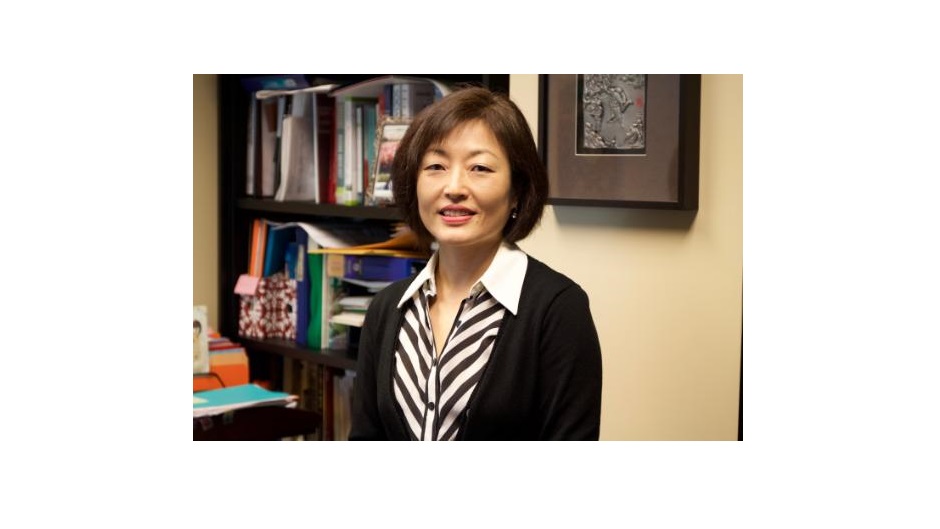Cancer not only affects individuals suffering from the disease but also their family members.
An understanding of the connection between cancer patients and their caregiver’s health in relation to mutual stress regulatory patterns is what University of Miami researchers hope to gain with the assistance of a 5-year, $2.5 million grant from the National Institutes of Health (NIH).
“The research will study and find answers to why cancer patients and their family members’ health deteriorates both psychologically and biologically,” said Youngmee Kim, associate professor in the College of Arts and Sciences’ Psychology Department and lead researcher of the study. “Currently, research is fragmented focusing on how the patient handles stress and how it affects their recovery. Yet, cancer caregivers also report high levels of anxiety and depression sometimes at higher levels than the cancer patient, and their health is compromised by their elevated stress.”
UM researchers will study the stress regulation patterns between cancer patients and their caregivers, including coregulation (regulating the stress to mutually calm each other’s stress reactions and reduce negative affect and physiological arousal) and coagitation (mutual regulation increasing such reactions).
The coregulation and coagitation will be quantified by evaluating cardiovascular (heart rate variability), neuroendocrine (saliva), and self-reported affective reactivity and regulation in response to a stress situation that is relevant both to health and to close relationships; testing also includes how daily health, such as sleep and mood, as well as longer-term health, such as depression and cardiovascular health of both the cancer patient and caregiver, are affected.
“Findings of this project will help develop novel interventions pertaining to effective and mutual management of stress in daily life and dyadic influences on health promotion,” adds Kim.
Over a three-year period, UM researchers plan to gather data from 172 colorectal cancer patients (86 female, 86 male) and their caregivers. Kim hopes to recruit patients living in South Florida.
“Colorectal cancer affects both genders, so we hope to investigate the role of gender in mutual stress regulatory patterns and their health outcomes by studying colorectal cancer patients and their heterosexual partners,” said Kim.
With the results, researchers hope to develop interventions to help cancer patients and caregivers find ways to curb adverse effects of stress and promote better health by using positive coregulation mechanisms. The interdisciplinary study will bring together Charles Carver and Barry Hurwitz, professors from the Psychology Department; Armando Mendez and Laurence Sands, from the University of Miami Leonard M. Miller School of Medicine; and David Spiegel and Jamie Zeitzer, from Stanford University School of Medicine.
December 05, 2016

